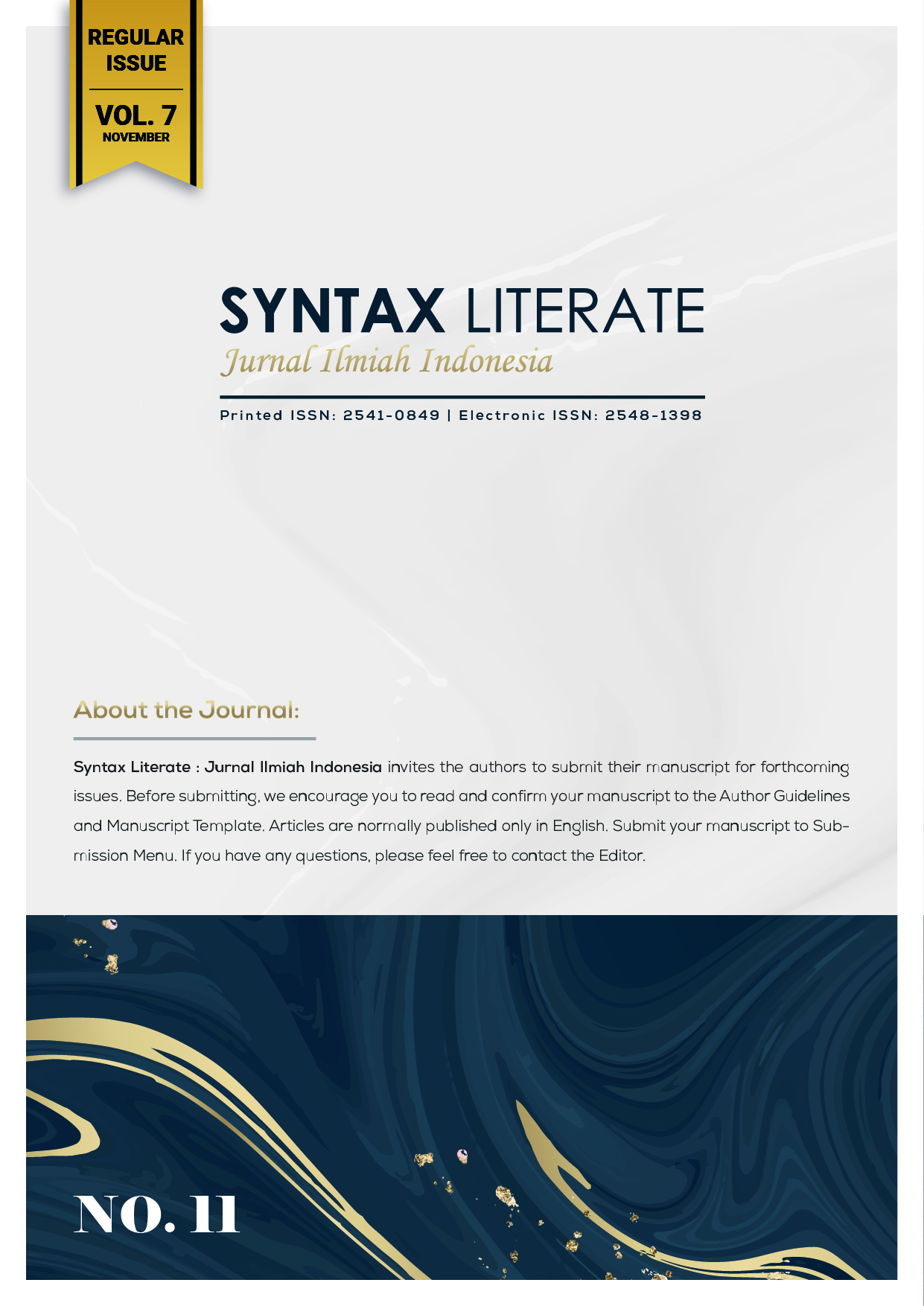A Notary Deed's Essential Features For E-Media Transactions
Abstract
E-media transactions have emerged as a result of the quick development of technology, bringing efficiency and ease to a variety of economic and legal exchanges. However, establishing confidence and defending the interests of the parties involved depend on maintaining the legality and security of these electronic transactions. A key instrument in achieving this is the Notary Deed for e-media transactions. This paper explores the important features of a Notary Deed for e-media transactions, including authentication and certification of identities, secure electronic signatures, time tamping, data integrity, and compliance with legal and regulatory frameworks. By incorporating these features, the Notary Deed establishes a solid legal framework that enhances the authenticity and integrity of e-media transactions. It guarantees identity verification, inhibits data tampering or manipulation, and ensures adherence to all relevant laws and regulations. The study's findings help stakeholders navigate the legal environment of electronic transactions while fostering trust and confidence in the digital world by illuminating the critical elements that must be present in a Notary Deed for e-media transactions.
Downloads
References
Adjie, H. (2008). Indonesian Notary Law (Thematic Interpretation of Law No. 30 of 2004 Concerning the Position of Notary Public). Refika Aditama, Bandung.
Agustin, I. Y., & Anand, G. (2021). Proposing Notaries’ Deed Digitalization in Indonesia: A Legal Perspective. Lentera Hukum, 8, 49.
Humaira, M., & Latumeten, P. E. (2022). Comparison of notary deed in Indonesia, Netherlands, and Belgium during the COVID-19 pandemic. Linguistics and Culture Review, 6 (S5), 233–243.
Isnaini, H., & Utomo, W. (2019). The existence of the notary and notarial deeds within private procedural law in the industrial revolution era 4.0. International Journal of Innovation, Creativity and Change, 10 (3), 128–139.
Kie, T. T. (2007). Notary Studies and Miscellaneous Notary Practices. First Cet, Ichtiar Baru van Hoeve.
Krisyanto, T. H., Daulay, Z., & Beatrix, B. (2019). Strength of Evidence of Notarial Deed in the Perspective of Cyber Notary in Indonesia. International Journal of Multicultural and Multireligious Understanding, 6 (3), 775–784.
Kuspratomo, Y. P., & Wahyuningsih, S. E. (2019). Making Implementation Deed Electronically Based on Law of Notary. Jurnal Akta, 6 (4), 324754.
Lubis, I., Murwadji, T., Siregar, M., Sukarja, D., Robert, R., Harianto, D., & Ketaren, M. M. (2022). Comparison of Civil Law Regarding The Implementation of Cyber Notary in Countries With Common Law and Civil Law Traditions. Jurnal IUS Kajian Hukum Dan Keadilan, 10 (1), 1–11.
Makarim, E. (2013). Notaris dan Transaksi Elektronik [Notary and Electronic Transactions], Jakarta: PT. Raja Grafindo Persada.
Nafri, M. (2019). Dokumen Elektronik Sebagai Alat Bukti Dalam Hukum Acara Perdata Di Indonesia. Maleo Law Journal, 3 (1), 37–51.
Paripurno, R. D., Widhiyanti, H. N., & Kurniaty, R. (2022). Legal Construction of Notarial Deed Bank as the Media of Electronic Notarial Protocol Storage. International Journal of Multicultural and Multireligious Understanding, 9 (7), 60–72.
Putra, F. M. K. (2021). Characteristics of Notary Deeds for Transactions Through Electronic Media. NORMA, 17 (3), 1–14.
Solichah, I. I., Sulistio, F., & Istiqomah, M. (2023). Protection of Victims of Deep Fake Pornography in a Legal Perspective in Indonesia. International Journal of Multicultural and Multireligious Understanding, 10 (1), 383–390.
Copyright (c) 2022 Yunita Ayu Hapsari, Nabitatus Sa’adah

This work is licensed under a Creative Commons Attribution-ShareAlike 4.0 International License.











